
What Is Reverse Mortgage: Everything You Need To Know
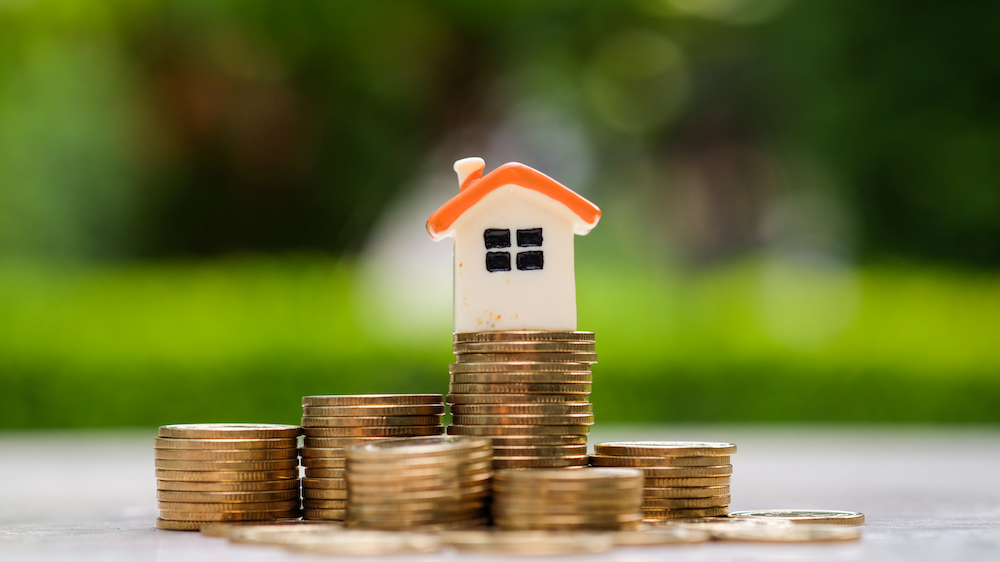
Even if you try your best to leave a reasonable amount of money in your retirement plan, there’s no telling what sorts of curveballs life will throw at you. And with the average life expectancy and cost of living both going up, sometimes, a pension won’t be enough to cover unexpected emergencies like home renovations and medical care.
Enter the reverse mortgage – a way to help seniors supplement their cash flow without the burden of paying monthly bills, selling property, or taking loans from relatives. But reverse mortgages are quite tricky, so it’s best to read up before finding a potential lender. Here, we’ll clue you in on the basics of reverse mortgages, from how they work to how you can get one.
Reverse Mortgage Defined
A reverse mortgage allows a senior homeowner to borrow part of their home equity to increase their monthly cash flow. Contrary to a regular mortgage, in which the borrower makes payments to their lender, a reverse mortgage is set up so that the lender hands payments to the borrower.
Thus, payments from reverse mortgages can be used as supplementary income by seniors who are going through financial difficulties. The best part about reverse mortgages is the fact that the title of the home remains with the borrower. Fair warning: A reverse mortgage doesn't exempt you from paying your mortgage and all the other costs that come with owning a home. Homeowners will still have to shell out a considerable amount of money to maintain expenses tied to homeownership, from property taxes to insurance to maintenance costs.
The concept of mortgage reversal was first introduced in 1961, with the first reversible mortgage written to a Nellie Young of Portland, Maine. Since then, the reverse mortgage has evolved through the years, with more types of reverse mortgages being developed (more on that later) to policy changes made to ensure less risk for borrowers.

How Does A Reverse Mortgage Work?
To understand how a reverse mortgage works, you must first consider how a regular home mortgage works. In a regular mortgage, your home equity – or the estimated market value of your home minus the cost of unpaid dues on your mortgage – increases as you continue to make payments. Conversely, a reverse mortgage allows you to access the cash value of your home while you're living in it, thus decreasing your home equity each time your lender hands you the payments.
But when is the mortgage paid back and who pays for it? A reverse mortgage is paid back when the borrower passes away or moves out of their home. Usually, it is the homeowner's remaining spouse or heir/s that pay back the mortgage. Oftentimes, the home is sold in order to repay the loan.
What Is Reverse Mortgage For?
There are a myriad of reasons as to why someone would want or need a reverse mortgage. Here are a few:
- To pay for medical bills and in-home care: Reverse mortgages are aimed at seniors, primarily homeowners aged upwards of 62 years old. As the elderly are more vulnerable to accidents and diseases, they'll need more money to spend on things like hospital visits, surgeries, as well as physical therapist and caregiver visits at home.
- To pay for home improvements: Just as our bodies degrade over time, so do our homes. Seniors who have stayed in their homes for decades may need financial assistance to take care of major repairs, as well as renovations that may be needed to accommodate their changing lifestyle.
- To establish an emergency fund: No matter how diligent we are about saving in our younger years, all sorts of problems and challenges can deplete our resources, from sudden accidents to loss of employment. And it can be very scary not having an emergency fund for future challenges. A reverse mortgage provides a lot of people with some kind of safety net should something go wrong in the future.
- For debt consolidation: Though taking out a reverse mortgage loan to consolidate debts is not advisable, it can be a last ditch effort for someone who has very little income and property, save for a house to their name.
- To purchase a second home or investment property: Though it's a risky move, you can technically use the money from a reverse mortgage to pay for a second mortgage or to start a new investment opportunity.
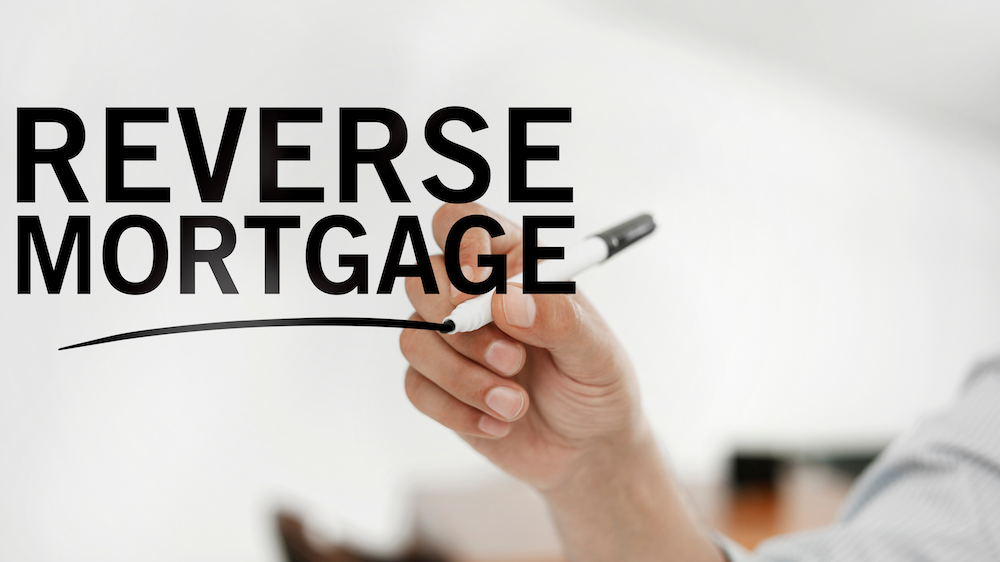
Who Can Get A Reverse Mortgage?
Reverse mortgages are not for everyone. There are certain criteria that a borrower must meet and rules they should follow to attain and maintain a reverse mortgage:
- Age: As mentioned earlier, reverse mortgages are only awarded to homeowners who are 62 years and older.
- Residence: The home must be your primary residence. In other words, you must own and live in the home.
- Equity: Besides having to live in the home, you must have substantial equity in the home as well. An appraiser will determine whether your home equity is enough to merit a reverse mortgage.
- Mortgage payments: You must pay off the remaining monthly payments on your mortgage. Payments can be completed using the proceeds of your reverse mortgage.
- Resources: Again, you must have enough money to cover property taxes, homeowners fees, and homeowners insurance, as well as the cost of opening a reverse mortgage, from closing costs to origination and servicing fees.
- Property maintenance: As a homeowner, you must make sure that your property remains in good condition throughout the span of your mortgage.
- Home type: The types of homes that are approved for reverse mortgages are single-family homes, multi-unit properties with up to four units, townhouses, condominiums, and manufactured homes built after June 1976.
- Counseling: To qualify for a home equity conversion mortgage or HECM, you're required to undergo one-on-one counseling or a consumer information session with a HUD-certified specialist.
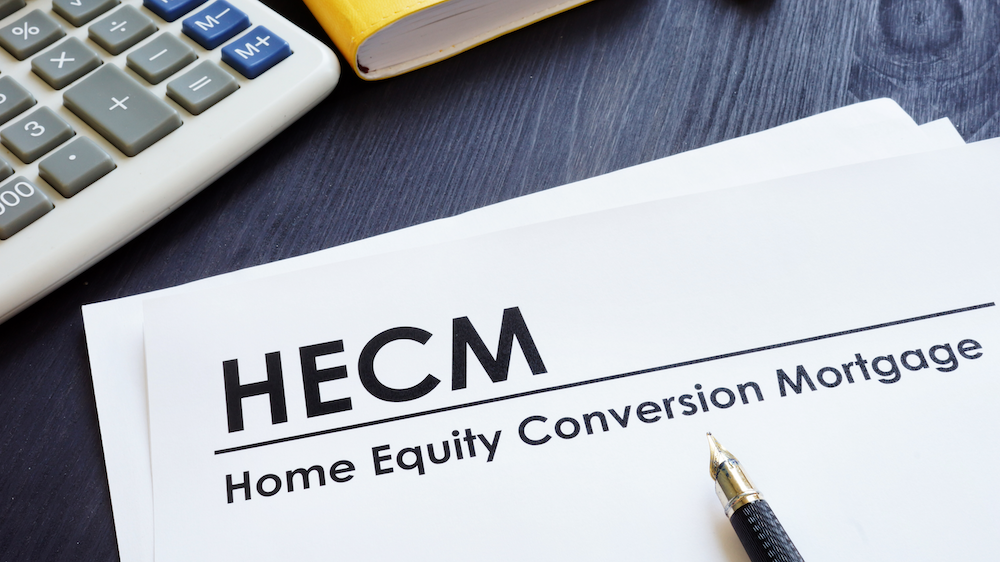
Types Of Reverse Mortgages
There are three types of reverse mortgages: the home equity conversion mortgage (HECM), the proprietary reverse mortgage, and the single-purpose reverse mortgage.
Home Equity Conversion Mortgage
The home equity conversion mortgage (HECM) is by far the most popular type of reverse mortgage there is. This federally-insured mortgage is backed by the United States Department of Housing and Urban Development or HUD. While HECM loans tend to be more expensive than regular mortgages, they offer a lot of flexibility. You don't need to meet a particular income requirement, you can use your loan for virtually anything, and you have a variety of payment options to choose from.
However, there is a trade-off. As mentioned earlier, the borrower must meet with a HUD-approved counselor for a one-on-one consumer information session. In this session, the counselor will explain the ins and outs of the HECM, as well as alternative options such as the other two types of reverse mortgages. Aside from counseling, the borrower will also be assessed on their capacity to maintain their monthly payments on things like property taxes and homeowners insurance. In some instances, a lender may require the homeowner to set the funds aside for assurance. In other cases, a lender can deduct the "set-aside" amount from the monthly mortgage payments.
As for the payment options, HECMs allow the following:
- Single disbursement or a one-time payment
- Term option or fixed monthly cash advances over a set amount of time
- Tenure option or fixed monthly cash advances throughout your stay in the home
- Line of credit that allows the borrower to withdraw funds from whenever they want until the set limit
- Combination of line of credit and monthly payments
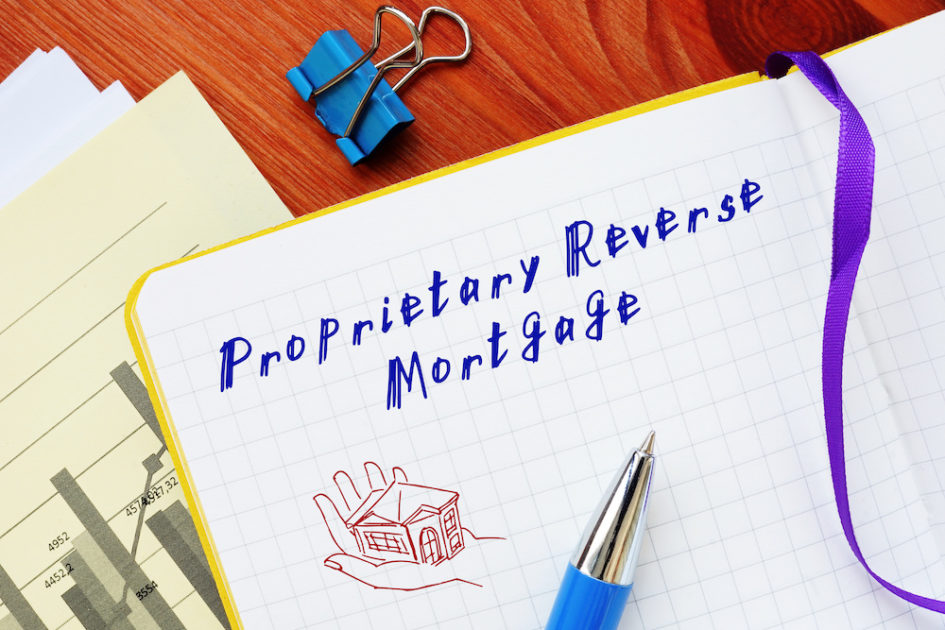
Proprietary Reverse Mortgage
This is a private loan that is NOT backed by any government agency. Proprietary reverse mortgages often allow for much higher rates and are processed at a faster rate than government-backed loans. Thus, this type of loan is better suited to a borrower with a higher-valued home.
However, it should be noted that scam artists like to disguise their schemes as a proprietary reverse mortgage. You can avoid a scam by consulting with an experienced reverse mortgage counselor.
Single-Purpose Reverse Mortgage
This is the least popular type of reverse mortgage as it isn't as readily available as the first two. The single-purpose reverse mortgage is a type of reverse mortgage that can only be used for one specific purpose, which is agreed upon by the borrower and lender upon settlement of the deal. For example, if you agree to use the loan to pay off a home renovation, you may only use the money for that purpose alone. The amount offered for this kind of loan is also typically smaller than HECM and proprietary reverse mortgages.
This type of loan is offered by some state and local government agencies. A select number of non-profit organizations offer this loan as well.

What Are The Costs Involved?
Since HECMs are the most popular kind of reverse mortgage, we'll focus on this particular type of loan from here on out. These are a few of the costs you'll have to shoulder as you process your HECM:
- Mortgage Insurance Premiums: The MIP provides you and your lender with some form of protection in case you default on your loan. If your home sells for less than what is due, the MIP should be able to cover the difference. The MIP also makes it so that your loan is a nonrecourse loan, which means that your heirs don't have to make up the difference themselves when you've passed on. The upfront insurance is 2 percent at closing with a 0.5 percent annual premium.
- Origination fee: Think of this as a processing fee for your loan. According to FHA guidelines, the origination fee is 2 percent of the first $200,000 of your home's value, plus 1 percent of the remaining value. The maximum charge is $6,000.
- Servicing fee: Depending on your lender, you can also be charged a monthly servicing fee for administering the loan. As per the guidelines, your servicing fee cannot exceed $30 on a fixed rate and $35 on a monthly adjusting rate.
- Appraisal fee: Before a lender can process your reverse home loan, you're required to have it appraised. The estimated value of your home will depend on several factors, including its location, size, and age. Appraisal fees can cost you anywhere between $300 to $500.
- Interest rate: Interest rate differs per lender. Make sure to consult with your lender regarding your interest rate, as well as options for repayment.
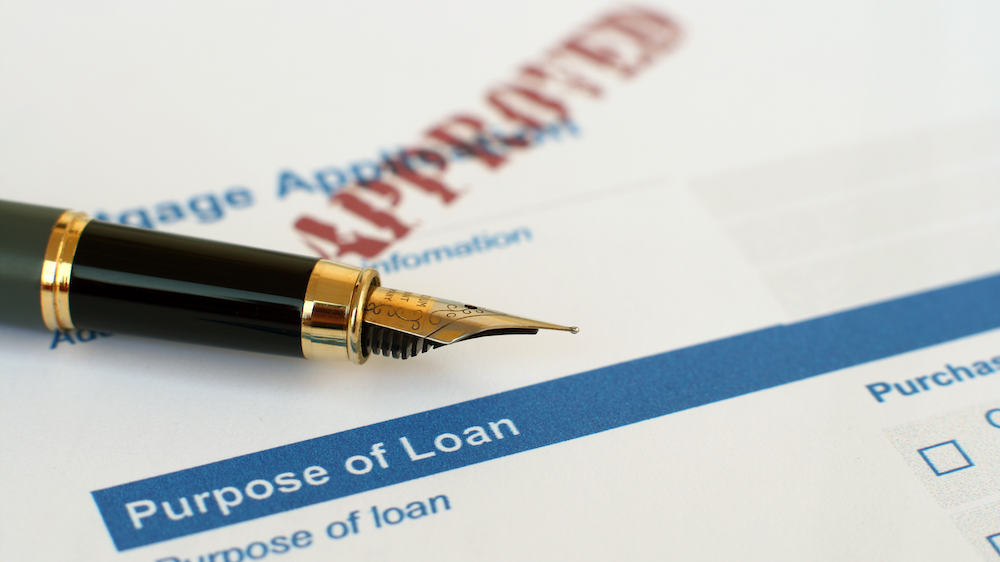
How To Apply For A Reverse Mortgage
Applying for a reverse mortgage can take anywhere between one and two months. To hasten the process, be sure to follow these five steps:
1. Meet The Eligibility & Requirements
Before anything, approach a lender and discuss your situation in detail. Be prepared for questions about your current financial status, your reason for taking out the reverse mortgage, and personal and financial information such as your age, income, credit history, and home equity.
Next, go over the list of rules mentioned above and make sure you can confidently check all the boxes. Then, prepare the following paperwork:
- Identification such as a driver's license or a passport
- A list of assets such as your home and other properties you may own
- A mortgage statement and other relevant documentation to prove that you own and reside in your home
- Proof of income, Social security, retirement plans, and bank statements
- A counseling certificate, which you will be given upon completion of the second step
2. Get HUD-Approved Counseling
Search for a counseling agency and secure a session. Counseling is important because reverse mortgages are considered major financial decisions. You need to make sure you're prepared for the consequences of such a loan, and that you're able to pay property taxes and homeowners insurance on time.
Remember that the counseling session is more than just a way for the government to make sure you're capable enough to maintain your taxes and homeowners fees and repay the loan, it’s also a way for you to familiarize yourself with the ins and outs of reverse mortgages and prepare for what's ahead of you. Ask as many questions as you can, and make sure to cover everything from closing costs to interest rate to the monthly mortgage on the type of loan you're considering.
A typical session costs about $200 and takes somewhere between one and two hours.
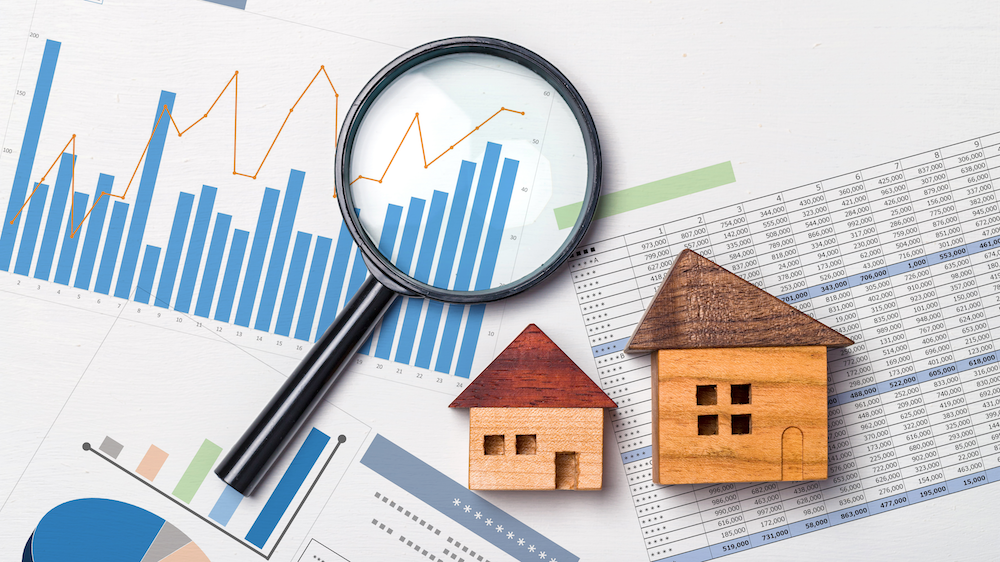
3. Home Appraisal
Before a lender can set a price on your reverse mortgage, you need to commission a third-party appraiser to determine the value of your home. The appraiser will look at exterior factors like your home's location, construction quality, roof and foundation integrity, age, and overall condition; as well as its interior factors, from its functional layout to health and safety accoutrements. Aside from these, an appraiser will look at the market value of homes similar to yours in size, age, and location as well.
The cost of an appraisal ranges between $300 and $500 depending on where you live.
How to prepare your home for an appraisal:
- Clean up your yard: This goes for the rest of your house – you want to keep it as neat and tidy as possible. Mow the lawn, clear any pathways of debris, and repair minor damages.
- Deep-clean your home: The presence of mold, mildew, and pests can affect the overall cost of your home. After all, when you're gone, the next homeowner will have to spend their precious dollars cleaning up the mess you've left behind. Traces of these three will also make it harder to sell the home, so make sure it's in tip-top shape before the appraiser arrives.
- List down all the upgrades done to your home: Home improvements increase the value of your home. If you want to get a good price on your home, make sure your appraiser knows exactly what you've done to deserve a good appraisal. Some of the improvements that catch the attention of real estate agents? Open floor plans, landscaping, practical basements, and new and improved flooring.
4. Closing And Receipt Of Loan Balance
Once you're approved for your loan, settled on the payment scheme, and signed the documents, all you have to do is pay the upfront fees and wait till you can access your funds.
Reverse Mortgage Pros And Cons
Still undecided if a reverse mortgage is right for you? Here's a rundown of the pros and cons of reverse mortgages:
Pros
- The proceeds can be used to fund important expenses such as medical bills, in-home care, and medication. The monthly mortgage payments can also be used to supplement daily expenses, repay debts, and attain a better quality of life in retirement.
- As a borrower, you are not required to pay the loan balance out of pocket. Instead, the loan balance is taken out of your home equity and repaid with the cost of selling your home in the future.
- As a result, you only have to pay for the upkeep of your home, including things like property taxes and homeowners insurance.
- You have a variety of payment options, including monthly payments, a line of credit or a combination of monthly payments and a line of credit
Cons
- Upfront fees such as closing costs, appraisal fee, and insurance can be too much for some people who are already in need of financial assistance.
- Your property can no longer be inherited by your surviving spouse or heirs, unless they opt to repay the loan balance when you pass away or move out.
- Scams are common for this type of loan.
- You will still have to maintain your home and pay property taxes, insurance, and the like.
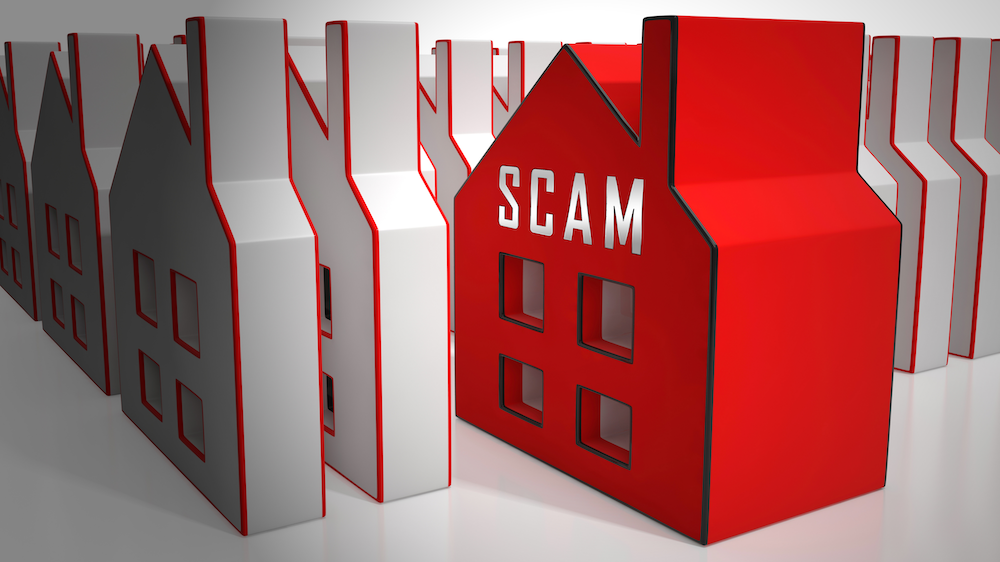
Reverse Mortgage Scams
Unfortunately, the market for the reverse mortgage loan is also the same demographic that is most susceptible to financial scams. A recent study showed that older Americans are more likely to be the target of online financial fraud, as well as more likely to lose large sums of money.
What types of scams should you watch out for? The following are three of the most popular types of reverse mortgage scams:
Contractor Fraud
If you're looking into starting a home renovation project soon, be wary of contractors who might be adamant about convincing you to secure a reverse mortgage. While you can take out a reverse mortgage loan to finance some renovations, make sure you're making the decision on your own, and not under the influence of a contractor who may or may not be using you to get out of their own debt.
Remember, a reverse mortgage is meant to give you an additional source of income to help improve your quality of life in retirement.
Financing New Property
There are many tricks under this umbrella, but the main idea is that fraudsters will attempt to convince a senior into taking out a reverse mortgage to then invest in a new property. In some cases, the scammers will pose as real estate agents hoping to get seniors to invest in property for them.
Inheritance Jumping
Unfortunately, some seniors are manipulated by their own relatives or caregivers into taking out a reverse mortgage, only to be left with little to no shares at all. Some scammers who are close to their senior relatives may even be able to convince their elders to assign them the power of attorney, giving them access not only to their loan balance but to all their money.

Alternatives To Reverse Mortgages
If, after all of this, you've realized that a reverse mortgage might not be what you're looking for, you can consider the following options:
Refinancing
Refinancing a mortgage means replacing an old mortgage with a new one. People opt to refinance when they want to reduce the amount they have to pay in interest, lower their monthly loan repayments, and make use of their current home equity.
Refinancing is a good option for a borrower who might not necessarily need assistance for their expenses, but rather want to fast-forward to the end of their loan and have as much equity on their home as possible.
Take Out A Home Equity Line Of Credit
A home equity line of credit, also known as a HELOC, is very similar to a reverse mortgage in that it allows you to borrow against your home equity. It also works similarly to a credit card in which you can borrow up to your spending limit on an as-needed basis. Unlike a reverse mortgage, you must repay the loan balance as well as make monthly interest payments.
HELOCs are harder to qualify for than reverse mortgages, as lenders usually require their borrowers to have a strong credit score, proof of employment, and a sizable income. The biggest draw of HELOCs, however, is the larger limit on how much you can borrow on equity – 80 percent versus the reverse mortgage's 55 percent. Alongside this, HELOCs are attractive to those who want to treat their home equity as a revolving fund, accessing it whenever needed.
Downsizing
If you've already paid off your loan balance completely, one way to improve your cash flow is to simply downsize to a smaller, lower-maintenance home. Your current home could be bleeding you dry, especially if you live in an expensive neighborhood or are maintaining a home that's too big for you.
Downsizing also allows you to access your current home's equity. When you sell your current home, you can use the money to get a new mortgage on a smaller, less expensive home, then pocket the remaining money.
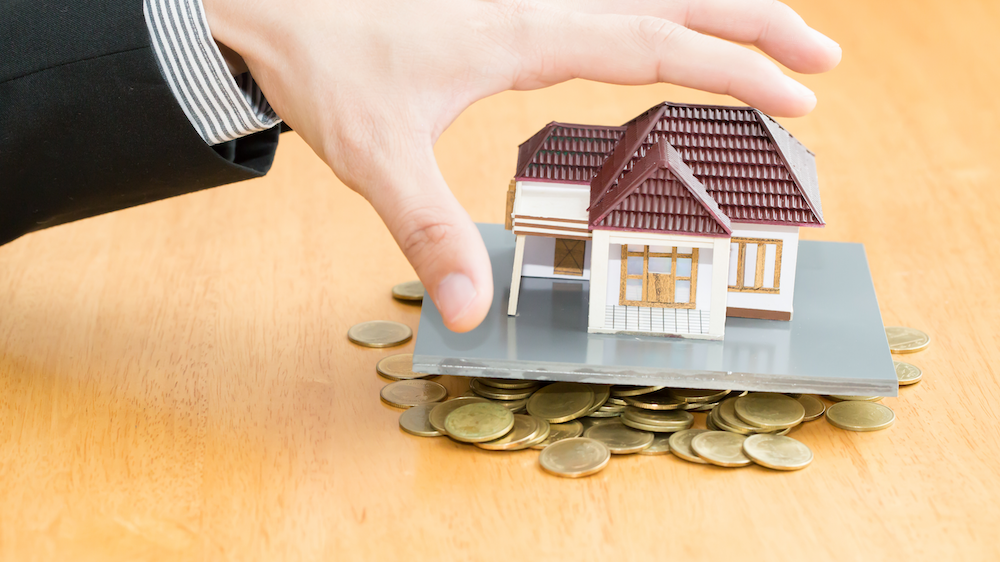
The Bottom Line: Should You Get A Reverse Mortgage?
Whether you need funds for a major medical expense, a home renovation project, or simply to improve your quality of life at home, a reverse mortgage can make things a lot easier for you and your family. However, if you're not careful, a reverse mortgage could also land you and your heirs in hot water, especially if you don't factor in all the upfront fees and monthly maintenance costs that you still have to pay for. On top of that, there is a new breed of scammers and con-artists who use the concept of the reverse mortgage to prey on vulnerable senior citizens and siphon off their money.
At the end of the day, whether or not you should get a reverse mortgage is not an easy question to answer. It's one that requires a lot of research, careful consideration, and even counseling from experts. If you're looking for more clarity on the subject of reverse mortgages, or if you're considering alternative options but aren't quite sure which ones would fit you, Wesley LLC has got you covered. With years of experience under our belts, we're equipped to answer any and all questions about home loans and financing.